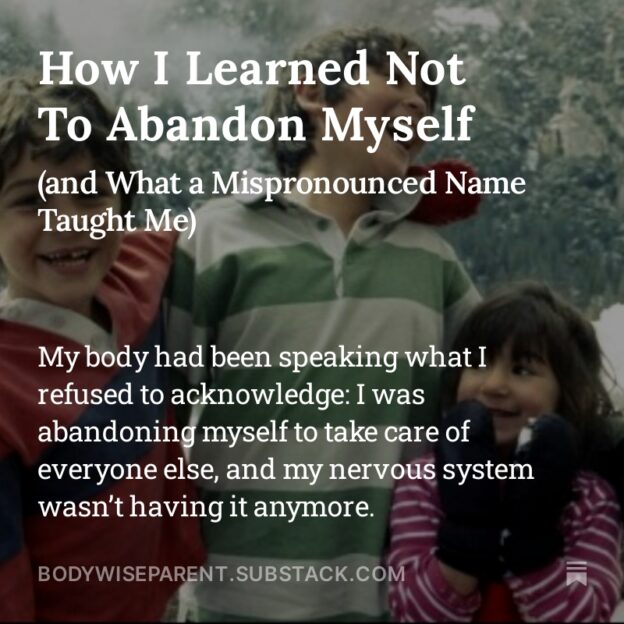
The debate over the safety of psychotropic medications during pregnancy continues to spark strong opinions. Critics of antidepressants often cite numerous articles and isolated studies highlighting potential risks or questioning their effectiveness. What we’re seeing, in many cases, is a form of “splitting”—the tendency to categorize something as entirely good or entirely bad. When it comes to psychiatric medication, people often fall into one camp or the other and accept only the evidence that supports their viewpoint.
The reality is more nuanced. Yes, some psychiatrists make mistakes, and psychiatric medications can be overprescribed or misprescribed. Some people do not respond well to them. But many others experience profound relief, and for some, these medications are lifesaving. This is why clear, balanced, and evidence-based information about the use of psychotropic medications during pregnancy and breastfeeding is so critically important.
Many who oppose antidepressants advocate for natural or holistic approaches to treating depression and anxiety. These approaches can absolutely be helpful for some people. I’ve personally tried acupuncture, chiropractic care, homeopathy, craniosacral therapy, and herbal treatments, and at times found them beneficial. But, just as we rely on modern medicine for conditions like Type 1 diabetes, there are situations in which holistic measures simply aren’t enough.
In my own experience many years ago, no amount of holistic treatment or psychotherapy touched my severe postpartum anxiety and depression. I was eventually hospitalized when I no longer wanted to live. Six weeks after starting an antidepressant, I was able to function again and finally benefit from therapy. I know that medication saved my life, and I’ve heard countless similar stories from other birthing people.
Perinatal mental health disorders have both biological and psychological components. Hormonal shifts, physical recovery from childbirth or cesarean, and chronic sleep deprivation can all play significant roles. In my work with birthing people, I’ve seen again and again that those with severe perinatal depression, anxiety, or OCD often do best with a combination of approaches—psychotherapy, self-care, social support, nutrition, sunlight, and moderate exercise, and medication when needed.
Some parents choose not to take medication, and many do recover with therapy, support, and lifestyle changes. But some later wish they had considered medication sooner, regretting the weeks or months lost with their baby while they struggled to bond or function due to overwhelming symptoms.
Untreated depression and anxiety during pregnancy and the postpartum period carry real risks. They can affect birth outcomes and have lasting effects on the parent, the baby, and the entire family system.
The truth is that some new parents simply do not have the energy, motivation, or clarity to benefit fully from therapy or self-care until their symptoms are stabilized. In my experience, most of these individuals improve significantly once they receive the right medication. That practical reality matters far more than abstract debates about whether medication is “good” or “bad.”
New parents deserve balanced, compassionate information—not scare tactics, shame, or political agendas. Their health, their babies’ well-being, and their family’s future depend on access to accurate guidance and the full spectrum of effective treatment options.




 If you’re like me, I really thought that, despite my decision to breastfeed, my husband was so gung ho about being a Dad that we would share the parenting responsibilities pretty equally once our first child was born. I was in for a rude awakening. Breastfeeding meant that much of the time I was literally attached to my new baby, and when I was not, I had an easier time calming him than my husband did. And even when I didn’t, I couldn’t stand to have my husband trying to comfort our fussy baby without stepping in and trying to help. Whether due to biology or psychology, I was so attached to my new baby that I couldn’t tear myself away long enough to really get a break. As a result, I became more comfortable in the baby care role, and he became less.
If you’re like me, I really thought that, despite my decision to breastfeed, my husband was so gung ho about being a Dad that we would share the parenting responsibilities pretty equally once our first child was born. I was in for a rude awakening. Breastfeeding meant that much of the time I was literally attached to my new baby, and when I was not, I had an easier time calming him than my husband did. And even when I didn’t, I couldn’t stand to have my husband trying to comfort our fussy baby without stepping in and trying to help. Whether due to biology or psychology, I was so attached to my new baby that I couldn’t tear myself away long enough to really get a break. As a result, I became more comfortable in the baby care role, and he became less.